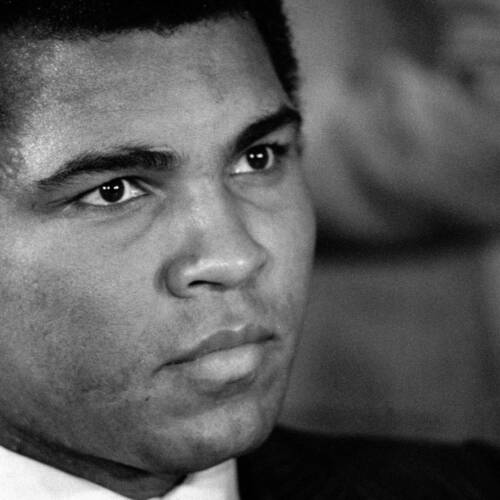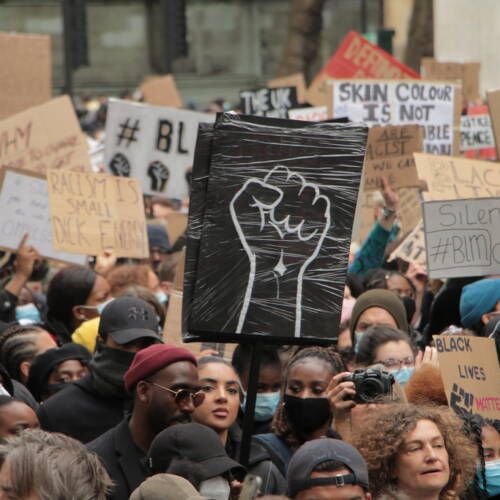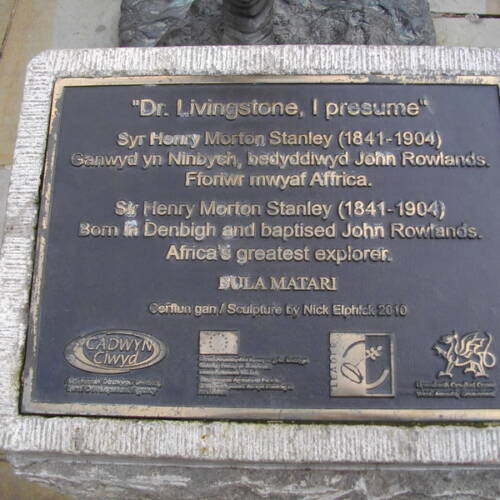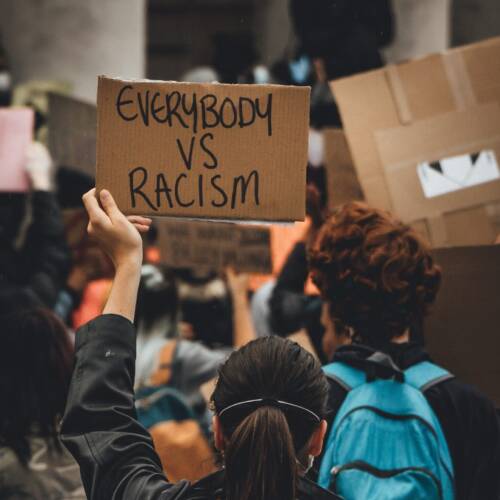
13th (Review): Overwhelmingly piercing and ever-relevant in understanding the present state of U.S politics
11 Jun 2020From start to finish, in this documentary about race relations and mass incarceration in the United States, Ava Duvernay positively exhausts us with a conveyor belt of statistics and intellectual takes that both electrify and challenge the audience.
The documentary’s name is in reference to the 13th Amendment of the U.S Constitution, which essentially ended slavery and granted freedom to all, except criminals. This fundamental loophole was then exploited after the American Civil War to arrest countless African Americans, often for very minor crimes, in an effort to provide the South with the labour that was required to rebuild their economy. This is the starting point of the documentary, of which we are then raced through history in addressal of chain gang labour, the Jim Crow laws of segregation, the war on drugs and the rise of mass incarceration during the Reagan administration. We are first reminded however, of a stark figure, that 25% of the world’s prison population resides in the United States when Americans only make up just 5% of the world’s population.
A timely-made film that was released in the presidential election year of 2016, it boasts a star-studded lineup of intellectuals such as Angela Davis, Van Jones and Michelle Alexander that make powerful and insightful contributions which, along with dynamic camera angles and a thrilling score, make this a symphony of prosperous discussion. DuVernay is also cautious in her attempts to not drown out opposing viewpoints by having various conservative thinkers and figures have their own say on matters. Grover Norquist is one of these invitees as he is brought on to justify the racial gap in arrests and sentences during the 1980s. He blames politicians for this troubling demographic trend and asserts that it had “nothing to do with white people.” An interesting take to say the least, but nonetheless reminds us of the competing views that revolve around this issue. DuVernay is smart to add this aspect to the film.
On quite a disheartening note, four years later after its release and this documentary still seems as though it is up to date with the current climate of today’s politics, the blood-boiling scenes and images haven’t lost an ounce of relevance. Speaking of relevance, we even get soundbite and video footage of Donald Trump gloating about the good old days when protesters were taken out by stretchers. Clearly, inciting violence still hasn’t lost its buzz when mobilizing your supporters.
Disheartening, yes, but in the midst of a seemingly momentous Black Lives Matter campaign, we find that watching 13th provides us with an economic context for the movement, that enriches it with further legitimacy. We come to the conclusion that slavery was the product of an economic system and that, years later, the mass incarceration we saw in the 1980s was the product of the construction of for-profit prisons, all of which demanded a sizeable prison population. DuVernay also sheds some light on the American Legislative Exchange Council, of whom are responsible for various laws that help pack these prisons, and often funded by large corporations. These are just examples from the banquet of knowledge we are left equipped with after viewing.
Ultimately from this, we come to a further conclusion that, in order to understand ‘systematic racism’ we must first understand the ‘systemic’ part of the term, that is, capitalism. And from that, we can then understand such trends like why Black and Minority Ethnic (BAME) groups have been disproportionately affected by Covid-19 or why 40% of black Americans make up the U.S prison population when they only account for 13% of the wider population of the country. What this documentary does, first and foremost, is educate us. And this is an essential component in making sure that any movement is cohesive in its message and maintains its momentum.
Ava DuVernay has ensured that we understand the multiple ways slavery has been reincarnated throughout American history and the importance of an awareness that African Americans today are the “products of the history their ancestors didn’t choose.” For that reason, it is a crucial watch.















